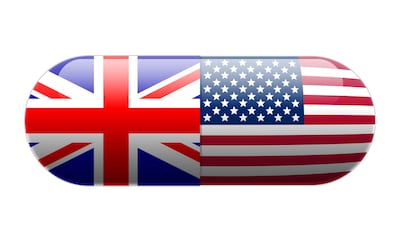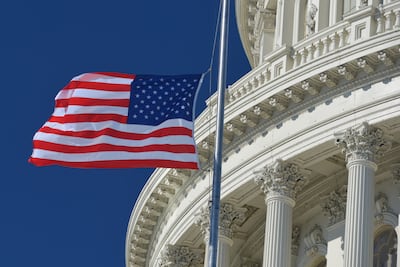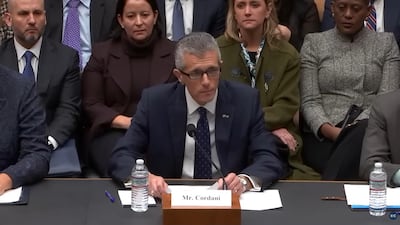Pricing Debate
The Trump administration has launched TrumpRx, a website the White House says could help save Americans billions in pharmaceutical spending, although it does not itself sell or dispense drugs.
The trade association Medicines Australia has set out key priorities for the government’s upcoming budget announcement in light of worsening access to innovative medicines for Australian patients.
External reference pricing is one of several drug pricing control measures used by a number of countries to contain drugs prices.
The agreement covers the gamut of often criticized PBM tactics and includes commitments to pass price concessions to consumers.
The UK-US trade deal offers the “the most encouraging signs the industry has seen for many years,” but UK companies had little influence over it and details are still scarce, according to one industry expert.
The US Labor Department also added a proposed rule requiring PBMs to disclose additional compensation information to certain employer-plan sponsors.
Japan is gearing up for a Lower House election in February and the result could affect biopharma policies. Multiple political parties have laid out reform plans in the area should they win.
The HHS OIG advisory pertains to manufacturer sales to patients. OIG will seek stakeholder input regarding possible additional guidance on manufacturer arrangements with pharmacies, pharmacy benefit managers, telemedicine vendors and marketers.
The Irish government has struck new in-principle agreements with the innovator and off-patent pharmaceutical sectors to help make the health care system more sustainable.
The process will pit breast cancer treatment competitors Kisqali and Verzenio against each other as CMS develops pricing offers.
Enactment of a law delinking PBM compensation from list prices would still be a long-sought victory for pharma.
The US pharmaceutical market is critical for European pharma companies, but new policies introduced by the Trump administration are creating an increasingly complex and uncertain environment for them.
Heavy hitters Keytruda and Opdivo got a pass in the third round of price negotiation because of the expanded orphan drug exemption in President Trump’s One Big Beautiful Bill.
The grilling of several leading US insurance executives by two House committees suggested one benefit from the Most Favored Nation pricing deals is that for one day, someone else was on the hot seat.
While drug manufacturers are unlikely to “pull out of the EU entirely,” geopolitical shifts driven by US tariff threats will mark a “categoric shift” as big pharma tries to “placate the Trump administration,” an analyst says.
Brazilian authorities say that some pharmaceutical companies exploit court cases brought by patients to secure drug access to achieve higher prices.
The Swiss pharma co-authored a “call for bold life sciences investment” with the Eurasia Group, critiquing global trade policy and advocating “innovation-friendly” reforms, including moving away from reference pricing.
The plan does not include many details, but is intended to help Congress draft legislation ensuring Most Favored Nation drug pricing agreements can be made, as well as implement measures intended to lower insurance premiums.
Brazil’s new drug pricing rules, which come into force in April, are intended to better recognize incremental innovation and give more predictability to the pricing of biosimilars.
Late 2025 saw a flurry of policy moves in Japan ahead of this April's regular drug reimbursement price revision, with pharma industry groups decrying a related medical fee increase. But other positive changes are set to be implemented.




















